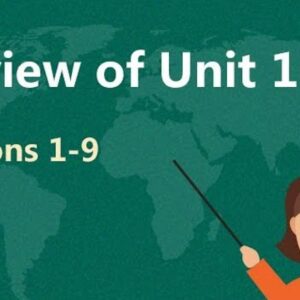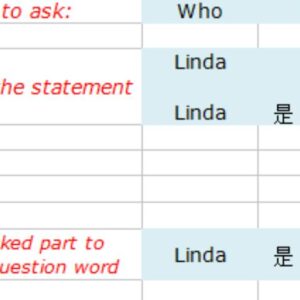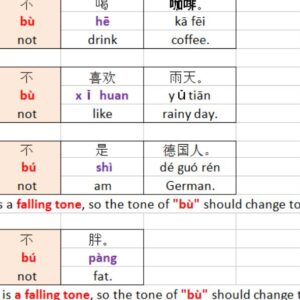Dialogue
| A: 你 会 说 英 语 吗 ?
Nǐ huì shuō yīng yǔ ma ? Can you speak English? |
| B: 我 不 会 说 英 语 。
Wǒ bú huì shuō yīng yǔ . I can’t speak English. |
| A: 你 会 说 法语 吗 ?
Nǐ huì shuō fǎyǔ ma ? Can you speak French? |
| B: 我 不 会 。
Wǒ bú huì . I can’t. |
| A: 你 会 说 西班牙 吗 ?
Nǐ huì shuō xībānyá ma ? Can you speak Spanish? |
| B: 我 会 说 一 点 点 。
Wǒ huì shuō yì diǎn diǎn . I can speak a little. |
Expansion
| Country | Language | ||||
| Characters | Pinyin | English | Characters | Pinyin | English |
| 中国 | zhōng guó | China | 汉语 | hàn yǔ | Chinese |
| 美国 | měi guó | America | 英语 | yīng yǔ | English |
| 法国 | fǎ guó | France | 法语 | fǎ yǔ | French |
| 德国 | dé guó | Germany | 德语 | dé yǔ | German |
| 韩国 | hán guó | Korea | 韩语 | hán yǔ | Korean |
| 泰国 | tài guó | Thailand | 泰语 | tài yǔ | Thai |
| 俄国 | é guó | Russia | 俄语 | é yǔ | Russian |
| 西班牙 | xī bān yá | Spain | 西班牙语 | xī bān yá yǔ | Spanish |
| 意大利 | yì dà lì | Italy | 意大利语 | yì dà lì yǔ | Italian |
| 澳大利亚 | ào dà lì yà | Australia | 英语 | yīng yǔ | English |
| 加拿大 | jiā ná dà | Canada | |||
| 日本 | rì běn | Japan | 日语 | rì yǔ | Japanese |
NOTE: hán yǔ= Korean, whose tone is different from hàn yǔ (Chinese). hàn is a falling tone, but in Korean (hán yǔ), hán here is a rising tone.
Grammar
Using 会(huì) to express a learned skill or ability
In Chinese, we can use 会(huì) plus a verb to express that someone can do something in terms of possessing a learned skill or ability such as can speak a language, can swim, can cook, etc., which all require the person a learning process before he finally knows how to do it.
Why should we stress a learned skill here?Because in English, the word “can” could have different meanings such as to ask permission like can I open the door? Or express a possibility such as can he arrive by 8:00pm? and so on. But 会(huì) is equivalent to “can” only in terms of a learned skill.
| 我(wǒ) + 会(huì) noundo something.
I can do something. |
| Subject auxiliary verb verb object
wǒ huì shuō hàn yǔ. I can speak Chinese. |
| 我 会 打 篮球。
wǒ huì dǎ lán qiú. I can play basketball. |
| 我 会 游泳。
wǒ huì yóu yǒng. I can swim. |
| 你(nǐ) + 会(huì) do something 吗?
You can do something ? |
| 你 会 说 汉语 吗?
nǐ huì shuō hàn yǔ ma? You can speak Chinese ? |
| 你 会 开 车 吗?
nǐ huì kāi chē ma? You can drive car? |
Using 一点点 (yì diǎn diǎn) or 一点 (yì diǎn) to express “A little or a few”
The Chinese word for “a little or a few” can be both 一点点 (yì diǎn diǎn) or 一点 (yì diǎn), both of which are used before the noun (countable or uncountable noun). The main difference between these two words is that the amount of 一点点 (yì diǎn diǎn) is even more less than 一点 (yì diǎn).
For instance:
structure: yì diǎn diǎn/ yì diǎn + noun = a little + noun




